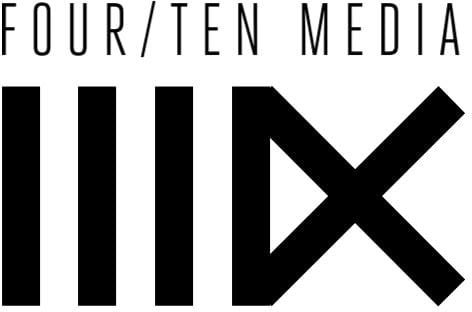– An examination of the function of relationship and community in the creation of Steve Reich’s Drumming, and an assessment of the benefits and challenges of collaborative approaches to creating music.
Dr Jonny Smith – An examination of the function of relationship and community in the creation of Steve Reich’s Drumming, and an assessment of the benefits and challenges of collaborative approaches to creating music.
Matt Chiu and Tyler Howie – A presentation of rhythmic voice leading as a pedagogical application of beat-class analysis to identify transformations of rhythmic motives in Steve Reich’s Mallet Quartet.
Oliver Xu – This project uses an algorithmic approach to explore the concept of resultant patterns as used by Steve Reich in Drumming. It seeks to analyze what it means for a resultant pattern to be interesting and to encode these intuitive musical characteristics into a computer algorithm.
Dr Jamie Drake – An examination of the challenges and rewards of playing the percussion music of Steve Reich using the themes of “Texture, Space, and Survival” as taken from a 1987 Reich essay of the same name.
Steve Reich – The composer of Drumming discusses musical intuition, time feel, speech rhythms, electronics, the music of India, and how he uses rhythm in his compositions. He describes his early percussion training and his experience with the music of West Africa and Bali.
Russell Hartenberger – A look at the origins of Piano Phase played on two marimbas, the end of phasing as a compositional tool, some of the techniques required to play Marimba Phase, and Garry Kvistad’s adaptation of the piece for just intonation-tuned instruments.
Thomas Brett – Reflections on aspects of Steve Reich’s music, including influences, ergonomics, inherent rhythms, timbre, and timelines.
Gary Schall and Russell Hartenberger reflect on the life and legacy of James Preiss.












